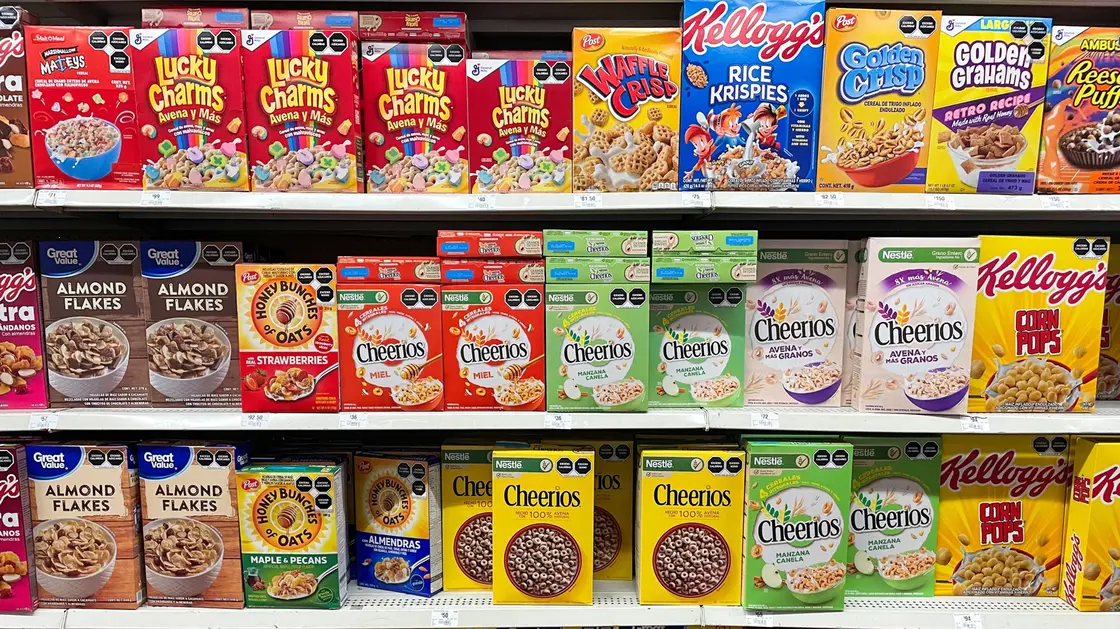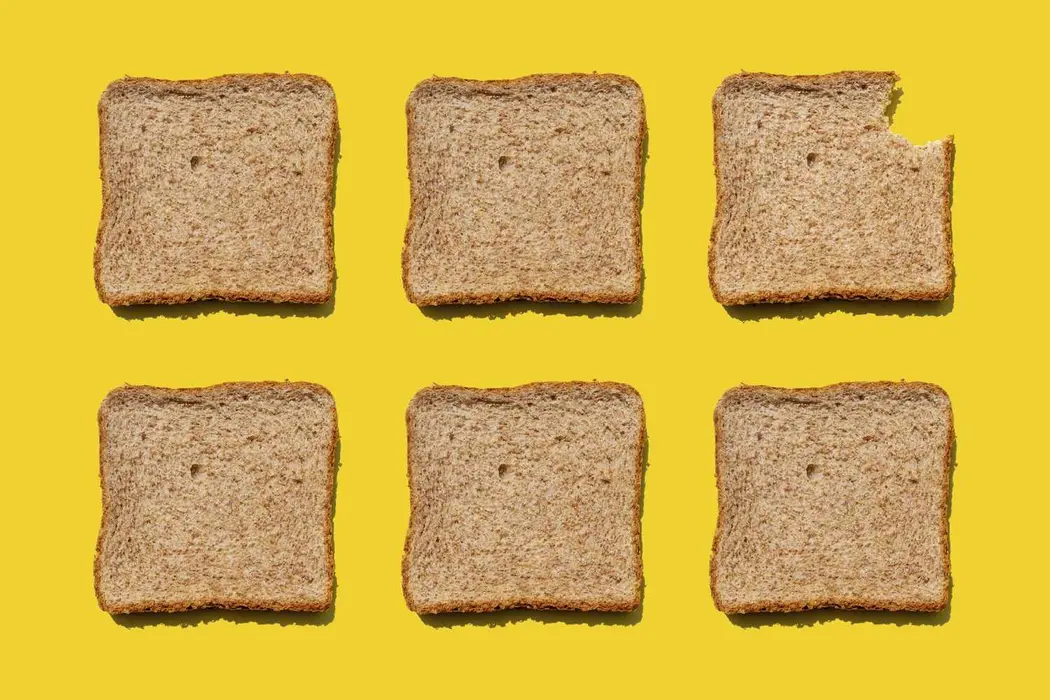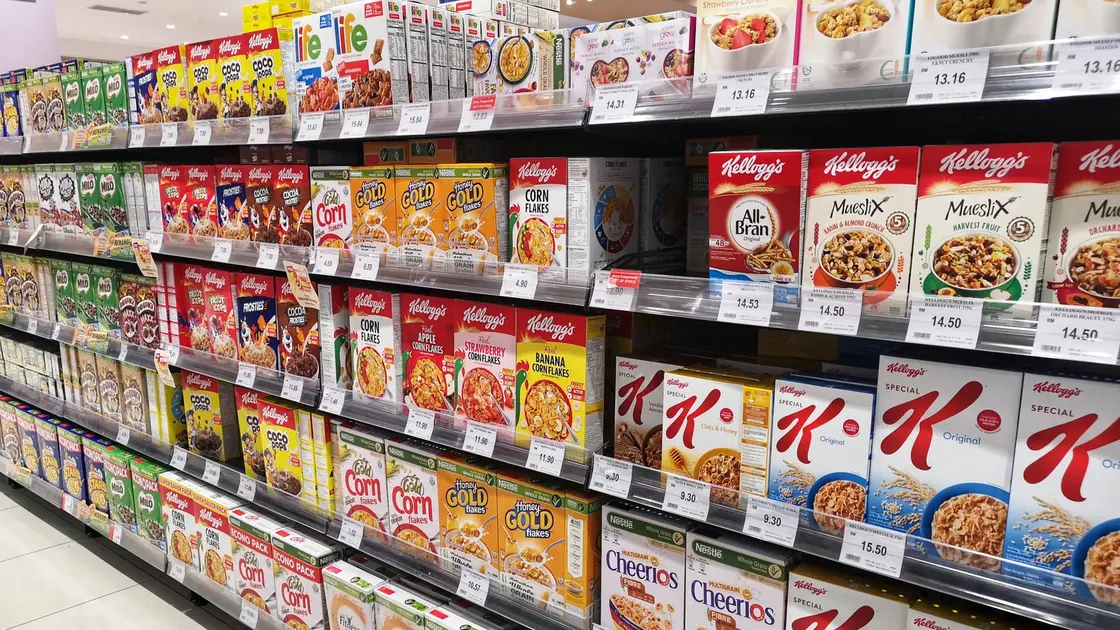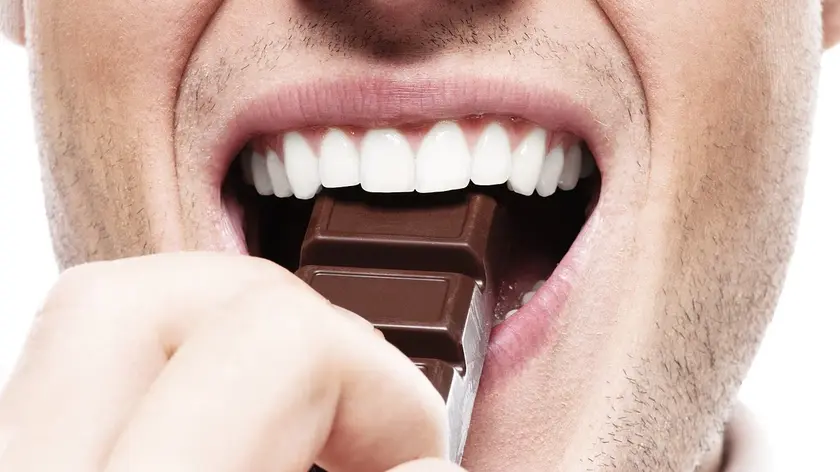T4K3.news
Dangerous Cereals Listed for Consumers
Top 20 worst breakfast cereals revealed for high sugar and low nutrition.

This article reveals commonly bought cereals loaded with sugar and lacking nutritional value.
Unhealthy Breakfast Cereals Fill US Grocery Shelves
Many cereals marketed for breakfast are primarily composed of sugar, contradicting their claims of being healthy choices. These cereals are often ultra-processed, containing artificial colors and flavors, which contribute to various health risks. Regular consumption can lead to obesity, diabetes, and heart disease. The article lists 20 of the least healthy options available in the U.S., raising awareness about the impact of these misleading products.
Key Takeaways
"Many cereals marketed as healthy are primarily sugar-filled and misleading."
This emphasizes the misleading nature of cereal marketing.
"A bowl of sugary cereal may come with long-term health consequences."
This warns consumers about the dangers of regular consumption.
"Marketing often overshadows nutritional reality in breakfast cereals."
This points to the conflict between consumer perception and the truth.
The prevalence of unhealthy cereals highlights a significant issue in consumer food choices. Brands often prioritize taste and nostalgia over real nutritional benefits, leading people to unwittingly support their own health decline. Amidst colorful mascots and catchy slogans, many families overlook sugar content and ingredient quality, fostering a reliance on processed foods. Awareness of these issues might prompt consumers to choose better alternatives, promoting healthier eating habits from a young age.
Highlights
- Over 75% of breakfast cereals fail basic nutritional standards.
- Is nostalgia worth jeopardizing your health every morning?
- Cereal mascots may be sugar-crazed for a reason.
- Time to rethink breakfast choices before it's too late.
Health Risks Associated with Popular Cereals
Many breakfast cereals on the market are linked to serious health issues like obesity and diabetes due to high sugar content.
Recognizing these hidden dangers may encourage consumers to rethink their breakfast choices.
Enjoyed this? Let your friends know!
Related News

UPF guidance clarifies risk range

Harvard gastroenterologist reveals foods to avoid

Cheerios named top healthy cereal choice

Lidl recalls chicken product over health concerns

Warning over fake Labubu dolls

Chocolate bar recalled due to allergy risk

Horse tranquilizer linked to growing overdose crisis

Top cryptocurrencies identified for June 2023
